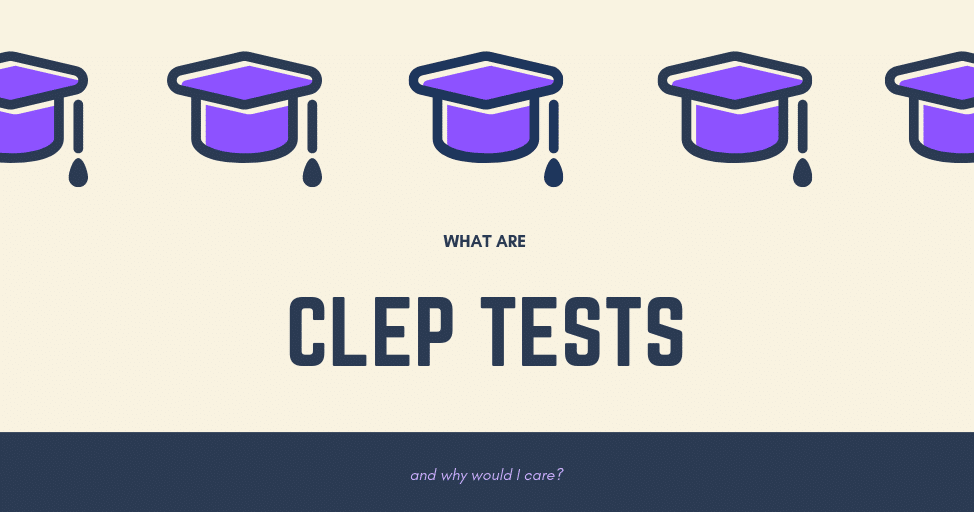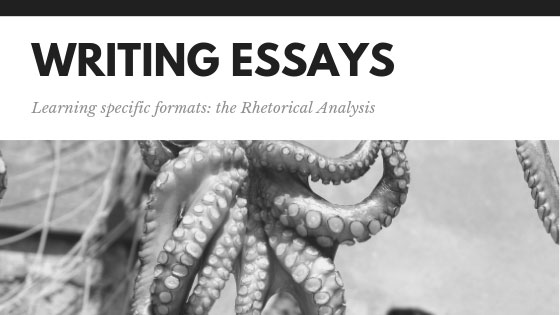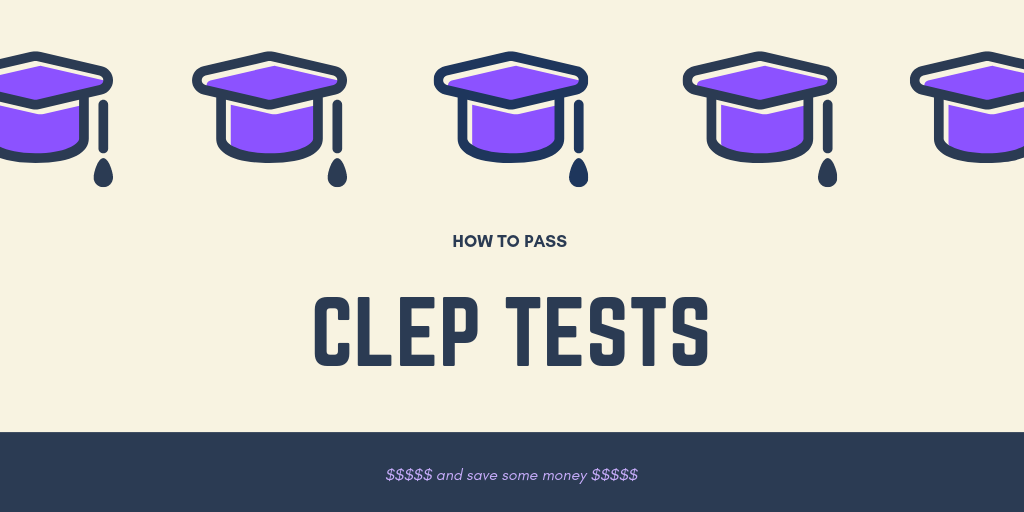What’s Inside: Advice, tips & tricks for selecting which CLEP tests to take while in High School. And which CLEPs to avoid!
This post may contain affiliate links. If you find my content valuable and make a purchase through one of my links, I will earn a commission at no cost to you, which helps me keep this blog going so I can help you even more! I recommend products I trust and/or use myself, and all opinions I express are my own. Read the full disclaimer here.
Practical Advice for Which CLEP Tests to take in High School
So you’ve decided you want to get a college degree and you know what you’d like to study.
Then you find out the exorbitant amount of money you will need.
How can you reduce the cost of college right now while you are in high school?
Taking college credit-by-exam tests!
- Like the CLEPs (College Level Examination Program)
- or the DSSTs (Dantes Subject Standardized Test)
- or the APs (Advanced Placement)
We’ve looked at what CLEP exams are and how to pass the tests effectively, but which CLEP tests should you start with?
And better yet, which tests should you avoid?
KEY to selecting tests
The key to selecting a CLEP test is starting at the end and working backwards.
What kind of college degree are you trying to get? What college are you trying to go to? What requirements does that college and course of study have? And what requirements can you get elsewhere for less money?
Targeting a college or course of study
I highly recommend targeting a college and/or a course of study.
Think of this process more as a consumer than a learner. The learner in you can crave what you want to do, but the consumer in you should make rational decisions on what you are getting for your money.
Big Secrets about CLEPs
- Colleges don’t have to give you credit for a CLEP/DSST/AP that you pass.
- Colleges can require a minimum score for a CLEP/DSST/AP to give credit – even if that minimum score is well above the official CLEP passing score.
So find out what your target college will give credit for!
The key is to identify a course of study (a.k.a. a degree program) or a desired College to check what courses you need to take to get the degree you want.
Or at the very least, check your college’s required coursework for any student – many colleges have these minimum requirements. Sometimes called “core coursework” or “all-college requirements”, they would include basic math or English as well anything the college deems important. Many of these have equivalent credit-by-exam tests that they accept.
Next, see how many courses you can substitute with credit-by-exam tests while in high school – they cost much less than the college charges for the credits.
Remember, just because it is a CLEP, doesn’t mean it is valuable for credit at the college you want or the degree program you want.
Learn from my mistakes
For instance, one of the first tests I made my twins take was the Natural Sciences CLEP test. We had just finished the content when I was introduced to the CLEPs. So we thought why not? It should be an easy win.
They took the test after studying with the practice guide book by REA which included practice tests, and they both passed somewhat easily. It’s a 6 credit test, so we thought it was a good idea.
It turned out most schools don’t accept this CLEP at all! It basically doesn’t map to any course taught in most colleges.
Oh well. It got them practice at taking these tests. It taught us a valuable lesson that you can learn from us: Check FIRST to see if the test will do you any good.
Another CLEP that doesn’t get much
Another test, the College Mathematics CLEP, doesn’t get much college-level credit at all. This test might be a prerequisite for college algebra. Kids who are good at algebra and have taken high school algebra and trigonometry can pass the higher level CLEP test called College Algebra.
So the “College Mathematics” CLEP comes before College Algebra.
Most college programs will require the higher level math class at a minimum, but it depends on the program. Science, Engineering, and Math related degrees all require much higher math. Business programs require Algebra or business math at that level. Programs that don’t use math might not need any math for a degree. So check with your targeted school or program.
We took it anyway
But we decided to use this test anyway for a different reason than actual credit.
My 3rd son took the College Mathematics CLEP (the one that colleges don’t give much credit for). He took this test because it was practice for test-taking. He needed real experience taking tests. He was good at math, so this was an easy win to introduce him to the test-taking process.
The community college gave him some general credits which he used towards his Associates degree. But he didn’t really use it towards his Bachelors because he didn’t need more “general math” credits since he wanted to learn mechanical engineering and needed so many higher level math courses beyond that.
Another one
One of the CLEP tests that doesn’t exist anymore, English with Composition, most schools didn’t accept for credit. It’s part of the reason it was retired as a test. Most schools are pretty picky about the English Comp requirements. Almost all schools have it as a requirement regardless of the degree, because they want to make sure you know how to write. Colleges are more likely to take AP or community college dual enrollment courses, but not the CLEPs for this content.
Minimum scores
Here’s another fun fact. Just because you pass, doesn’t mean you will get the credit.
One of my twins took AP Physics C but he had to get a 5 on it in order to get credit for the requirement in his major. So if he had gotten a 4, it would mean he’d have to take the class he was trying to get credit for.
And here’s another one: The Chemistry CLEP – both twins took this. One got a 70 and the other got a 69 (remember, “passing” on a CLEP is 50). The 70 score got full credit for the class that was required in his major, and the 69 only got general college credit instead of the class that was required.
The colleges will also give credit for specific course levels that equate to the score you got on a test – as in the case of the Language CLEPs. For instance, Florida State University gives you credit for first semester French with a score of 50. But you could get credit for first & second semester French for a score of 59. And one more class for a score of 66.
Sometimes you don’t find these things out until you submit all of your test scores to your accepted college. And sometimes you have to petition a department to give you credit.
How do you ID a college/course of study?
This post started with the notion that you’ve already made the decision to go to college to study something in particular. If you are still at the beginning of that journey, take some time to explore options.
If you know what degree you want and are still searching for a college
If you are still searching for the right college, start on the backup plan – use any college that has your course of study. Or compare degree programs in one or two colleges. In general, most programs will have similar coursework – especially in the freshman and sophomore years.
Once you do know what you want to study, the student or the parent can begin mapping out a plan of credits for a substitute school as a start. It can become your “backup plan” as you figure out where you want to go. In this way you can select appropriate CLEPs.
You can also just go for an Associates degree at a community college as the backup plan. They generally accept more of the CLEPs than 4-year schools. Then 4-year schools will generally accept the credits from the community college once you have the Associates.
Steps to select your next CLEP
- To map out a plan, go to your future college web site and get the specific degree requirements for your course of study.
- Also get a copy of their “accepted credits” list. You should be able to find these online.
- See which CLEPs or DSSTs or APs they accept for the specific classes that your course of study requires.
It works for community colleges and Associates degrees also.
These lists can help you target your next CLEP to take.
Good Luck and Keep Learning!






